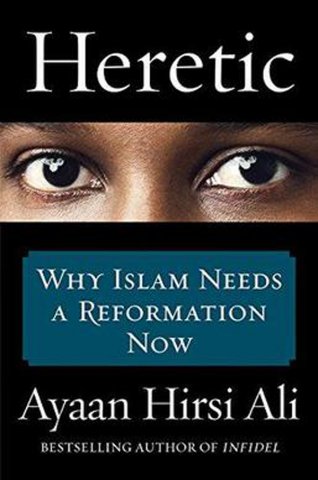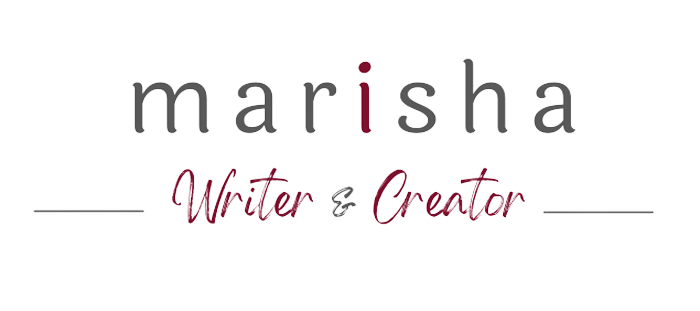It is quite a sensitive matter to wonder publicly whether Islam is a religion of peace. This book is about the author's different life paths with religion. Born in Somalia to a politically militant father and a more conservative mother, Ayaan is only 5 years old when her grandmother gets a man to perform genital mutilation on her. The family had to move to several countries and while attending school in Kenya, Ayaan becomes more and more devout. The Quran impresses her and she chooses to wear the hijab with her school uniform. Years later, visiting family in Germany, she is faced with an arranged marriage and escapes to the Netherlands, where she requests political asylum. She starts working to support herself, explores new ways of thought through books, and studies political science at Leiden University. The 9/11 attacks shook her and she starts being disenchanted between the Islam she grew up knowing and what was happening. Further readings lead her to give up on religion and acknowledge that she renounces Islam and believing in God. Openly criticizing Islam and the Islamic culture, Ayaan also worked with Theo van Gogh on his short film "Submission", which ignited indignation and resentment among many Dutch Muslims. Ayaan started receiving death threats. She claims that "Violence is inherent in Islam—it's a destructive, nihilistic cult of death. It legitimates murder [and] Islam needs a reformation". The only way, according to the author, to reach a harmonization between Islam and our modern times is to otherwise re-consider matters such as women's rights, shift the current perspective of the afterlife and drop the concept of holy war outright... What stands out is a very dubious speech of an African woman, who aspires for a Reformation of a religious community she no longer is a member of. While the Protestant Reformation had different origins and also led to decades of bloody violence on the European continent, true change is always induced from within and cannot be imposed. Many examples throughout history can attest to that... I recommend reading this book as the story of the struggles and plight of a former Muslim turned Atheist woman, but definitely not as a thorough analysis and critique.

